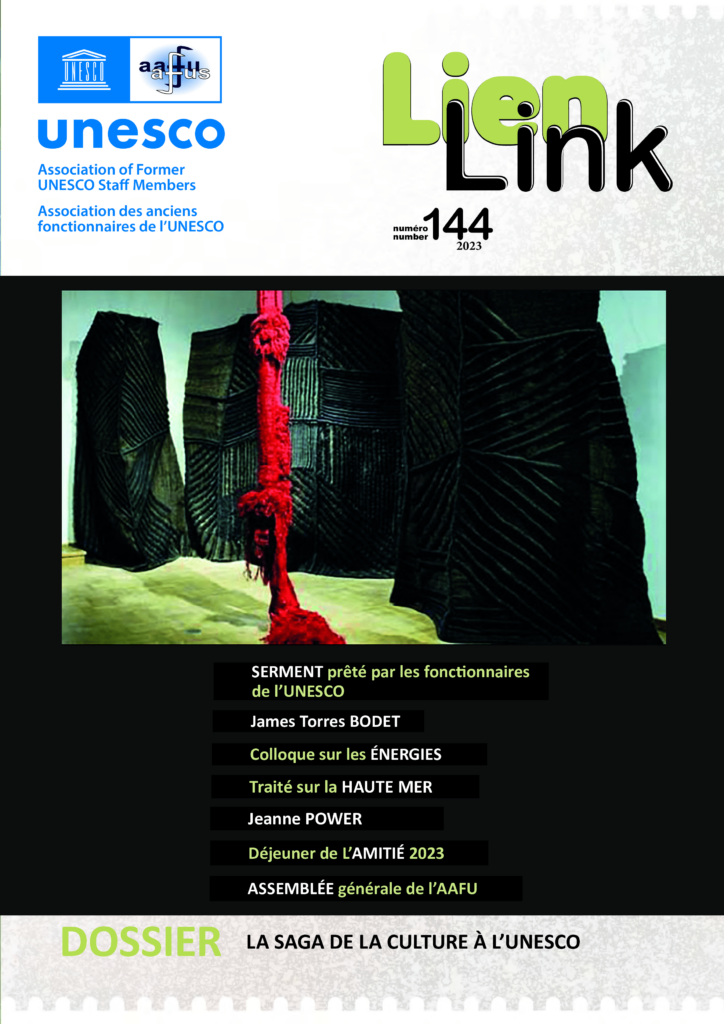On the status of russian scientists
By A.G.Demchenko and A.A.Samokhin, Trade Union of Russian Academy of Sciencies
Half a century ago in the former Soviet Union a real status of scientific worker was sufficiently high. SU government spent a lot of money on science (e.g. nuclear and laser physics, space research, chemistry and so on). Scientific career was attractive for many gifted youths. Mean income of successful scientist was higher than that in the country.
Of course, there were also some real problems. It was difficult to go abroad because CP control and lack of currency. However, many foreign scientific journals were available in Moscow and some other cities of SU and it was possible for soviet scientist to publish their papers in foreign scientific journals. In natural sciences ideological stress was not so high as in social ones. It is important also to note that scientific workers had no right to seek justice in courts in the case of their disagreement with employers (this rule was canceled in 1991).
Now the situation is quite different in many aspects. There is no problem today to trip abroad except for money. Some money scientists can get from Russian and foreign funds while their basic income is now considerably lower, e.g., than that in Moscow. The last point is not attractable for youths which prefer another profession in the country or scientific career abroad.
Fifteen years ago during the so called “shock therapy” budget of science was radically cut and many able scientists left for Europe, US and other countries. Situation in Institutes was greatly deteriorated. There were problems with telephone, electricity and even with WC because of lack of plumbers (no plumbers work without payment in contrast to some scientists devoted to his profession).
This deterioration gave rise to many protest actions (street meetings, marches and so on) organized, in particular, by Trade Union of RAS workers.
In 1996 the Federal Law on Science and Scientific Policy declared that 4% of the budget expense should be spent on science needs. However, this point was never realized and it was canceled in 2005.
Science in Russia is under the authority of at least two big organization – Russian Academy of Sciences and Ministry of Education and Science. It should be mentioned with regret that between these two organization sometimes there is no peaceful coexistence. Besides, a legal status of RAS is not yet well defined.
These facts have negative consequences on status of scientific workers. For example, in Moscow scientific workers – veterans of RAS – rewarded with RAS and Trade Union of RAS diploma have no social privilege which such rewarded veterans have in other cities.
Status of scientific workers in RAS is also not well defined as compared with that of RAS members. RAS members are paid for their membership as well as doctors of science and PhDs are paid for their degrees. However, after retirement this payment is retained only for RAS members and not for other scientific workers.
It seems to us that formulation and adoption of scientific workers status and code of conduct for scientific workers are needed in Russia. We hope that Trade Union of RAS workers and WFSW can help in solving these and other related problems.

